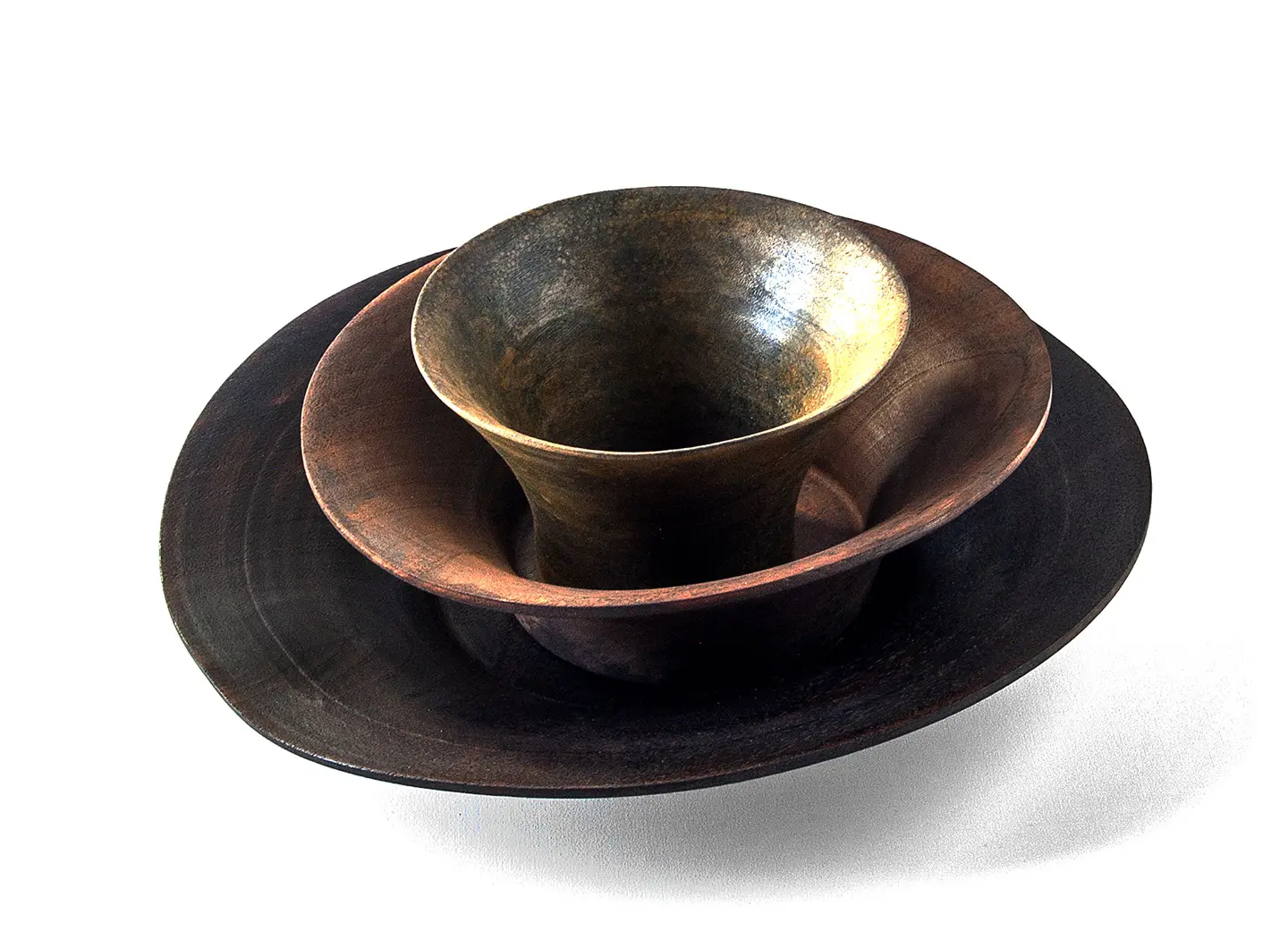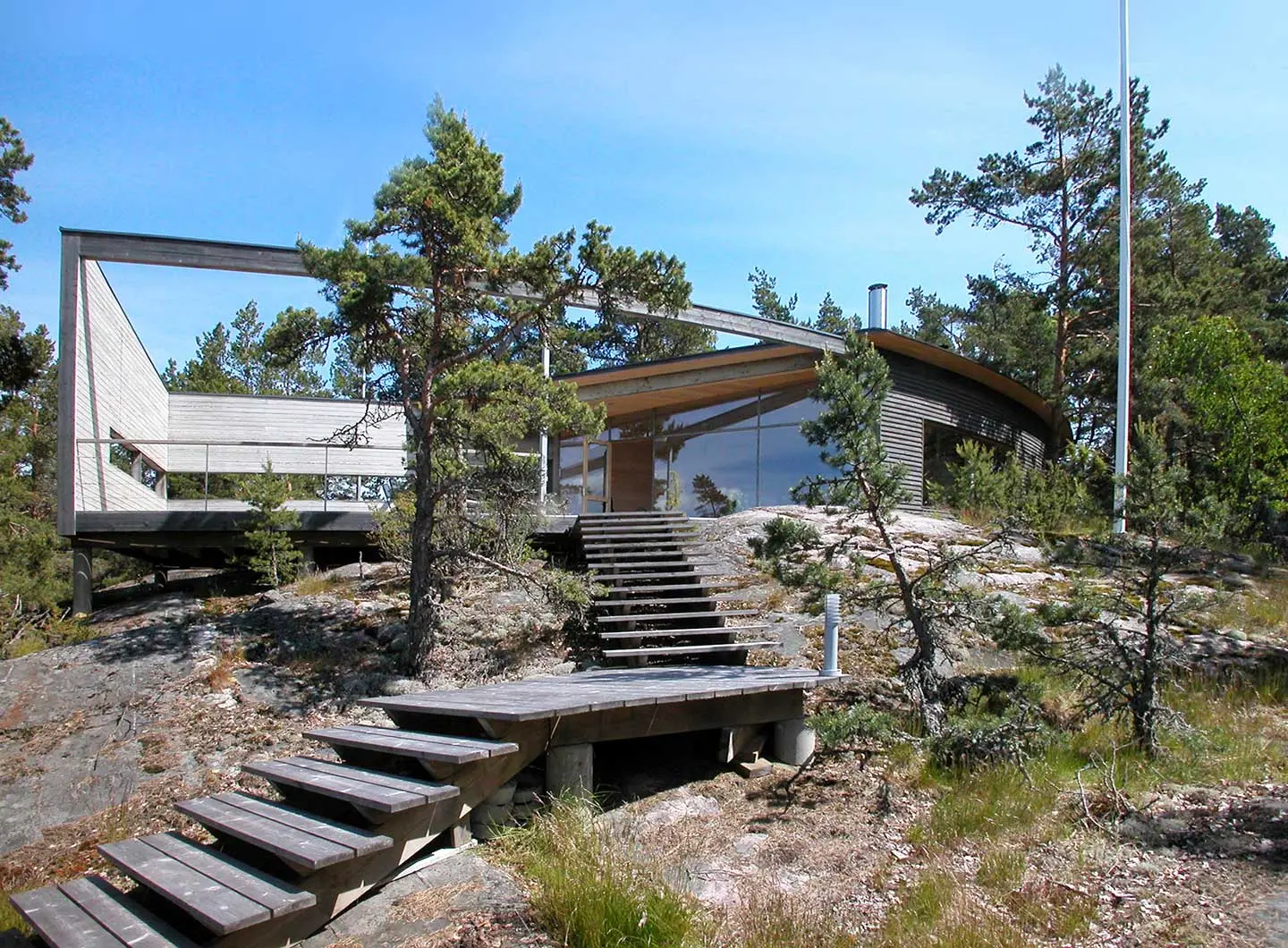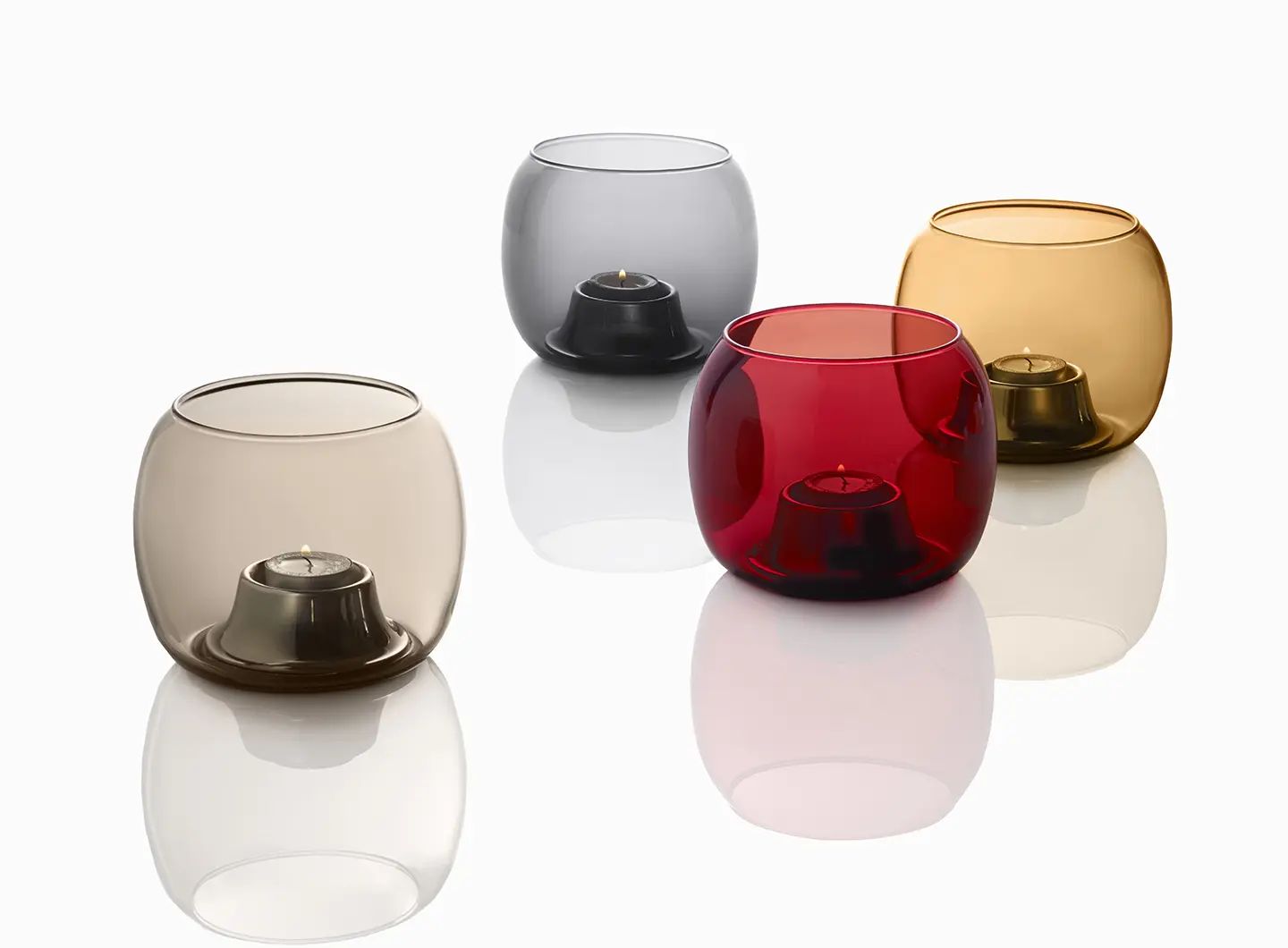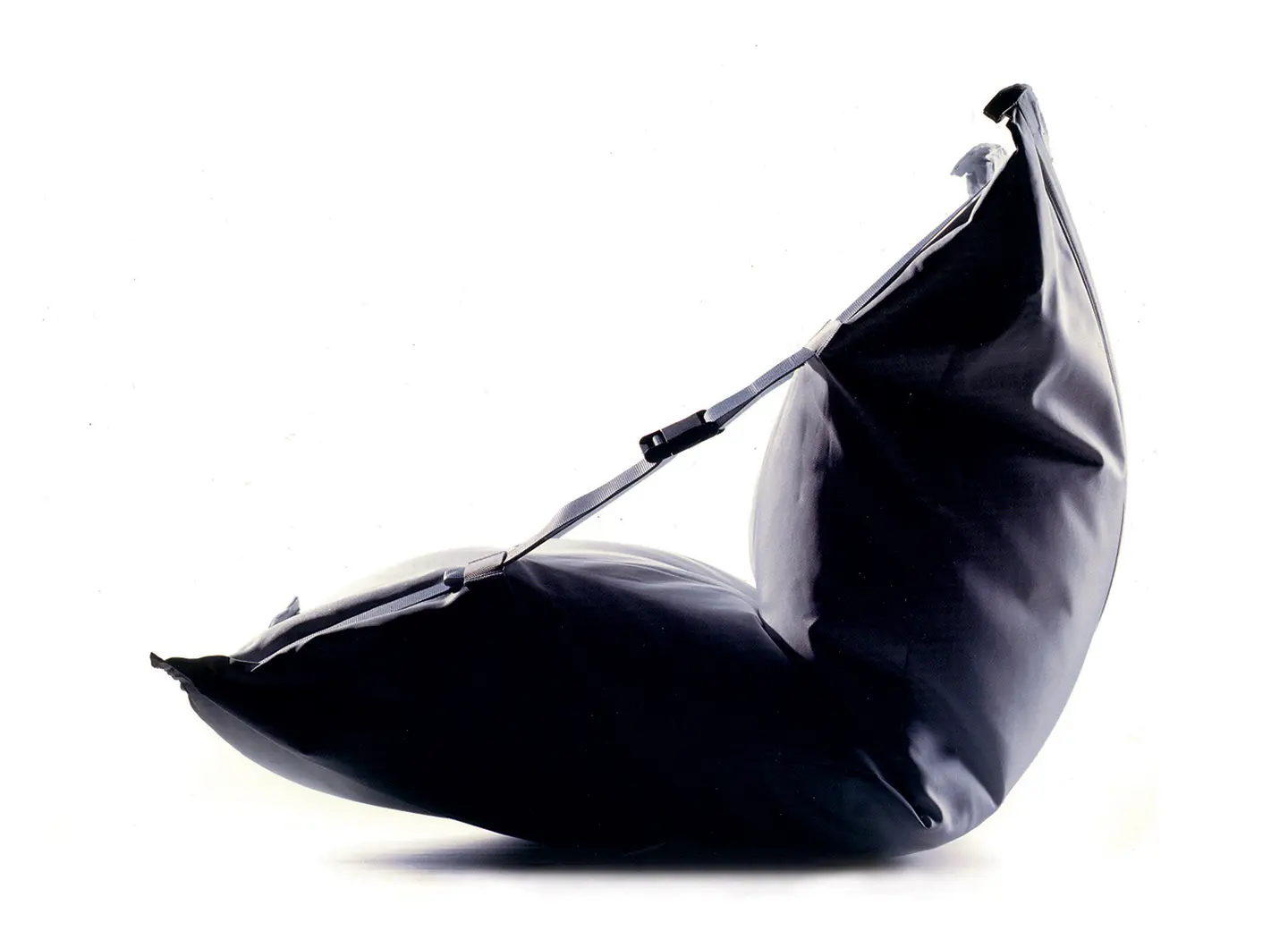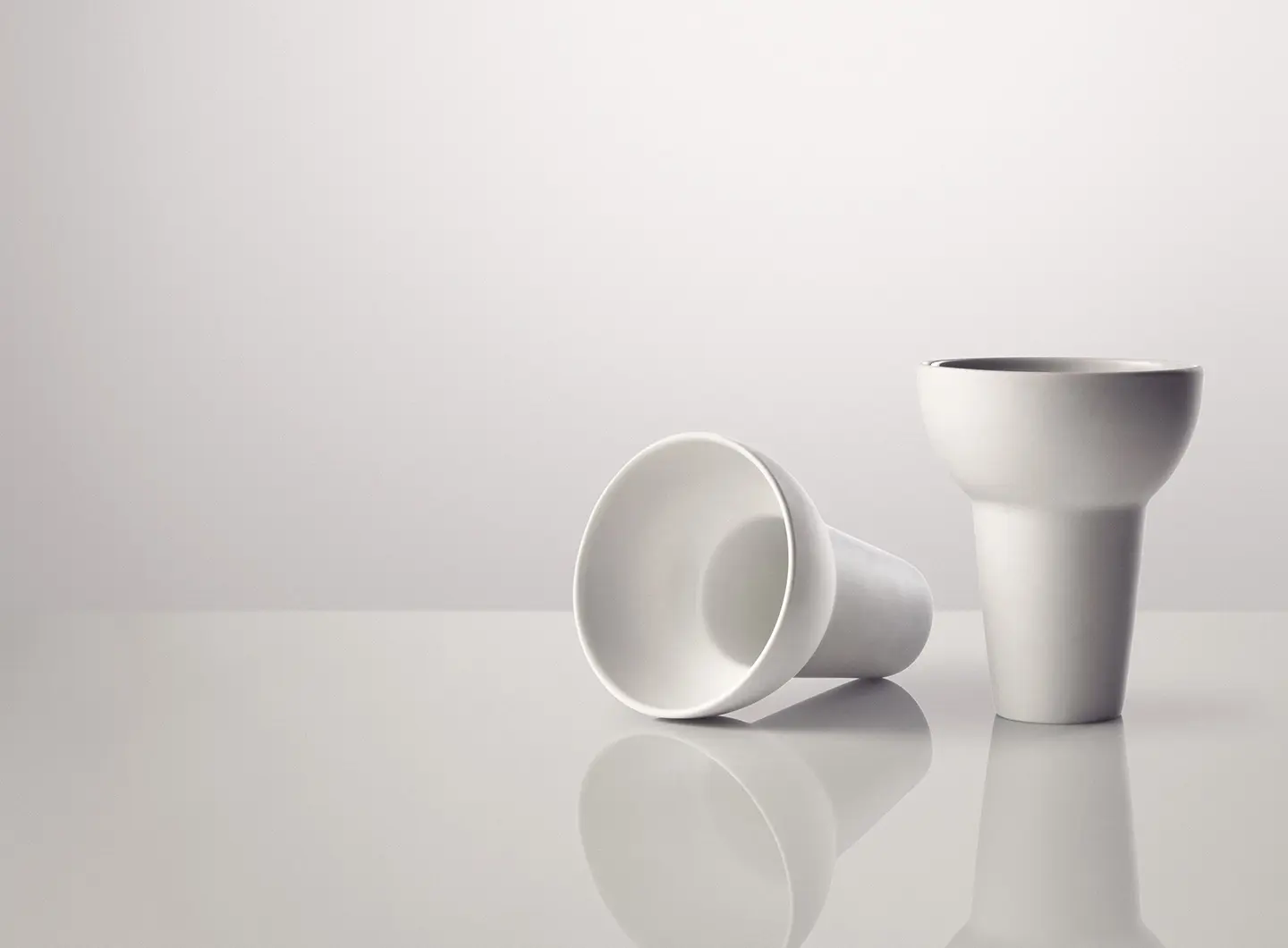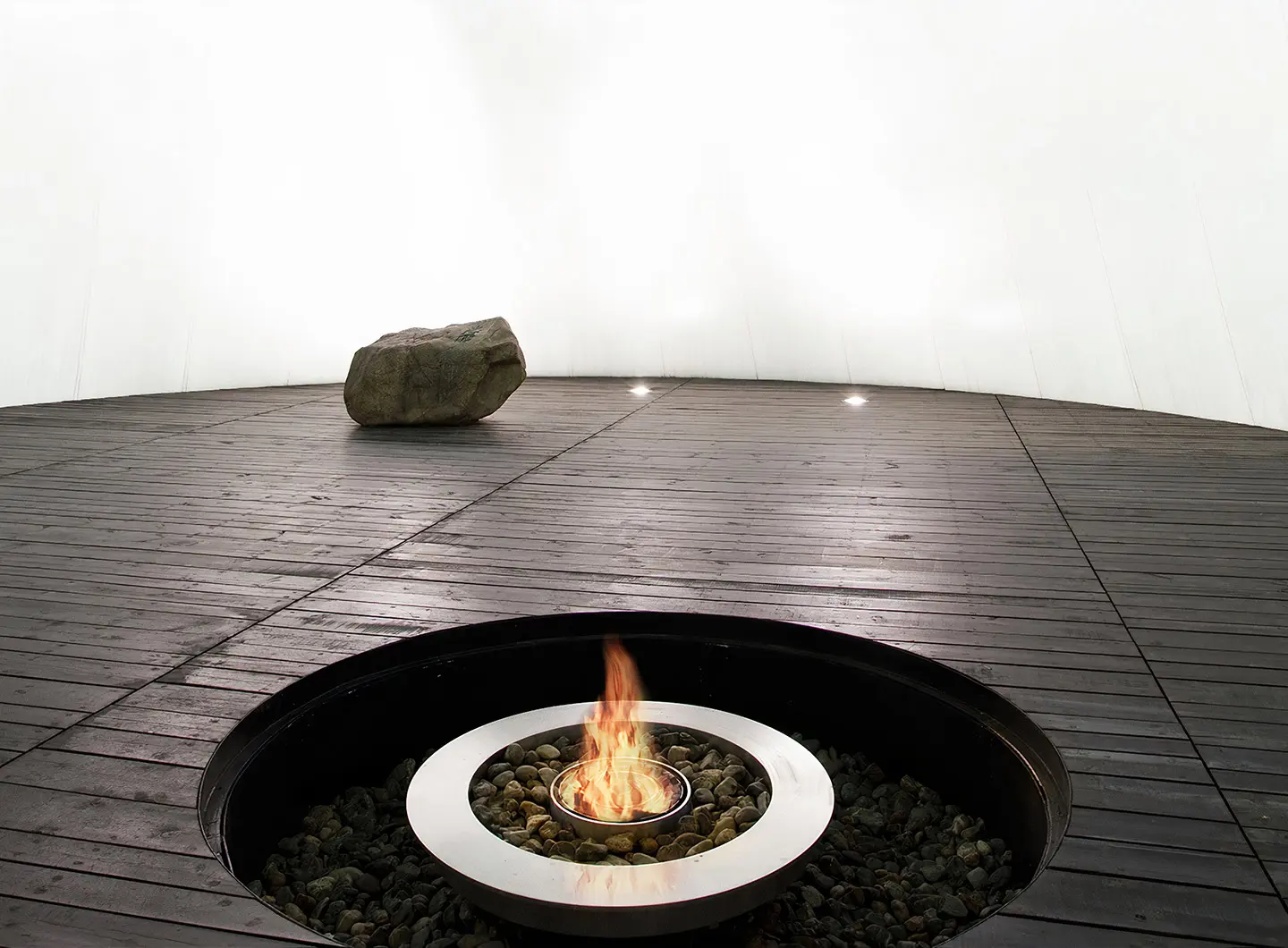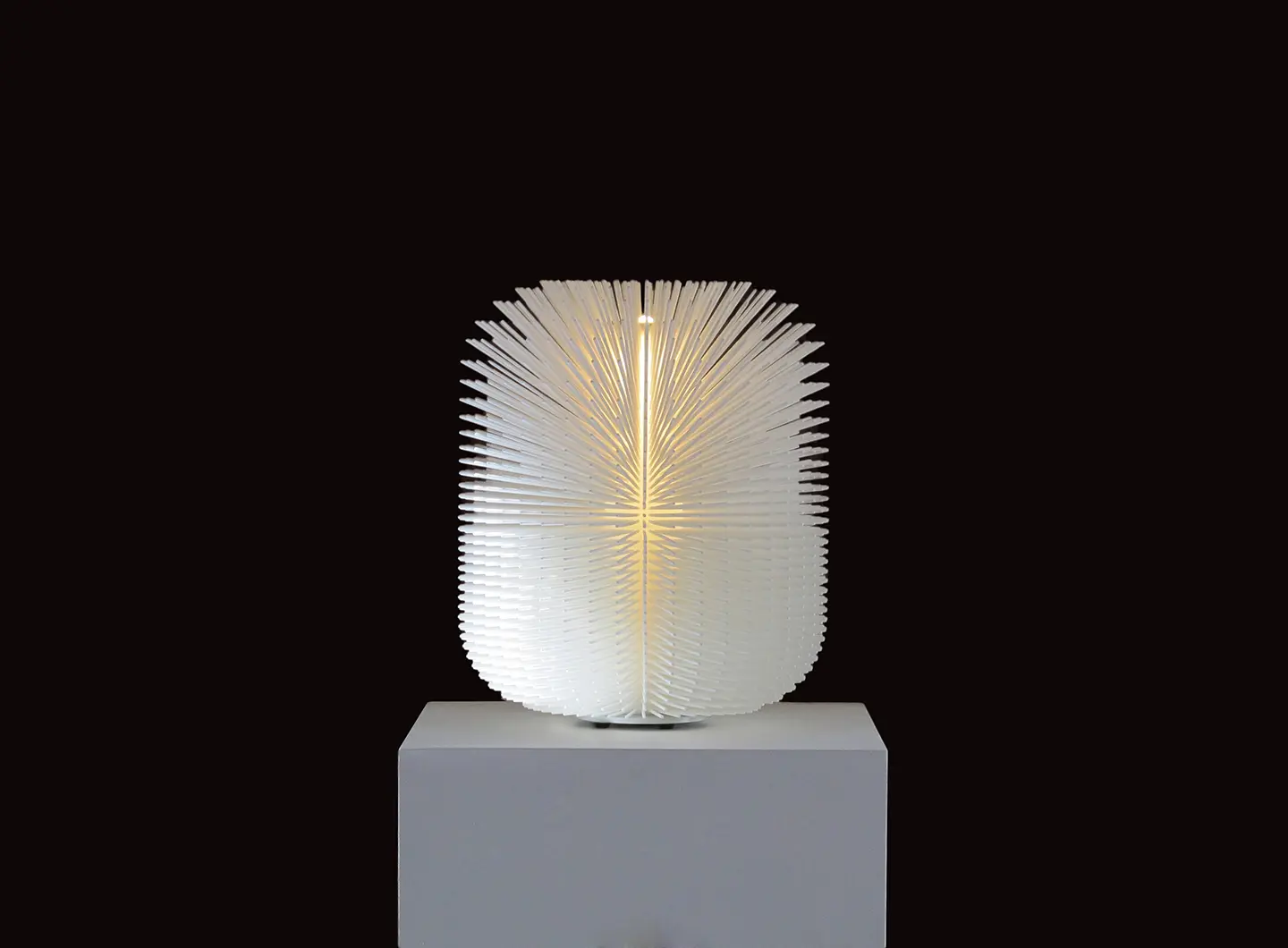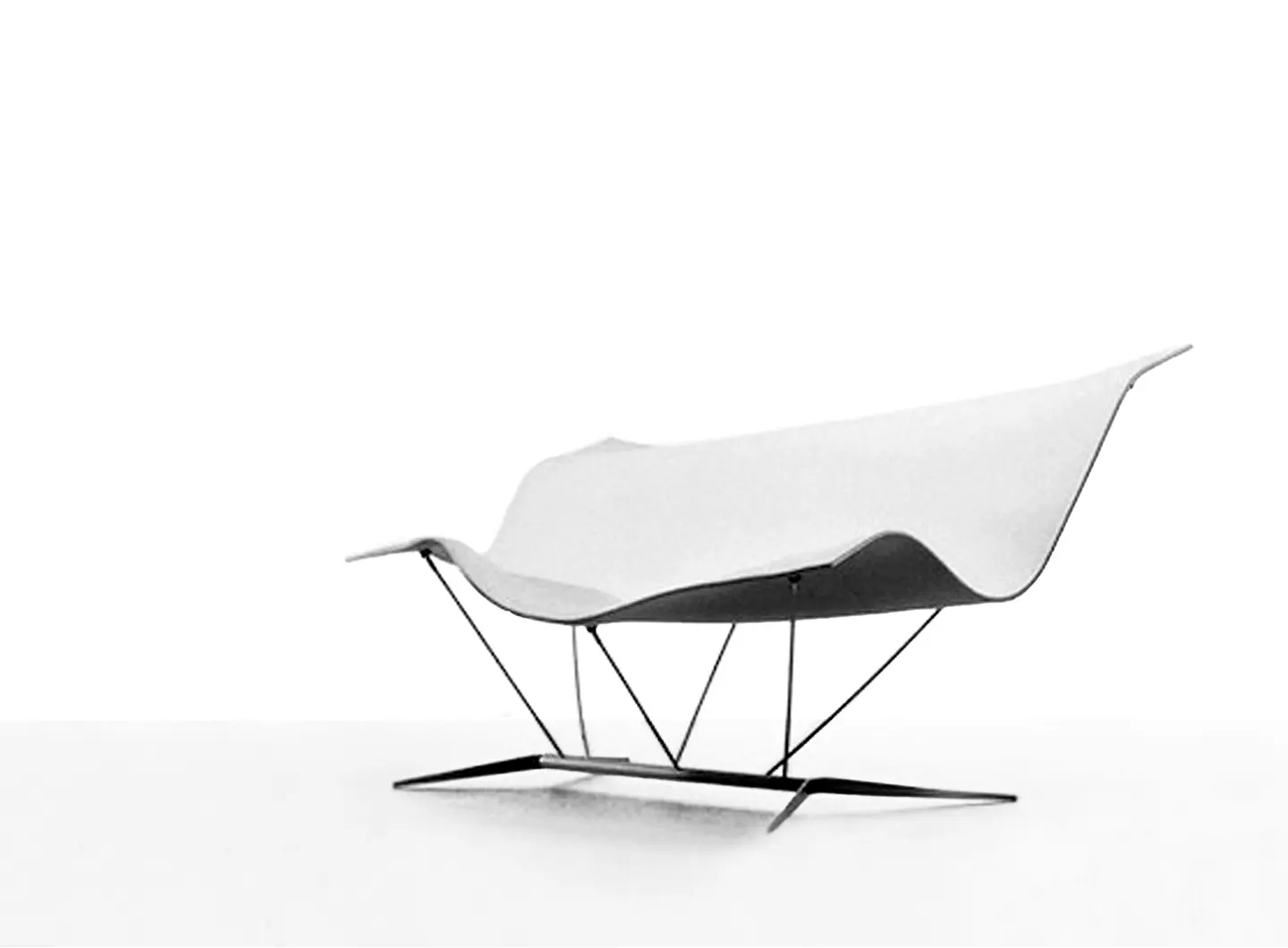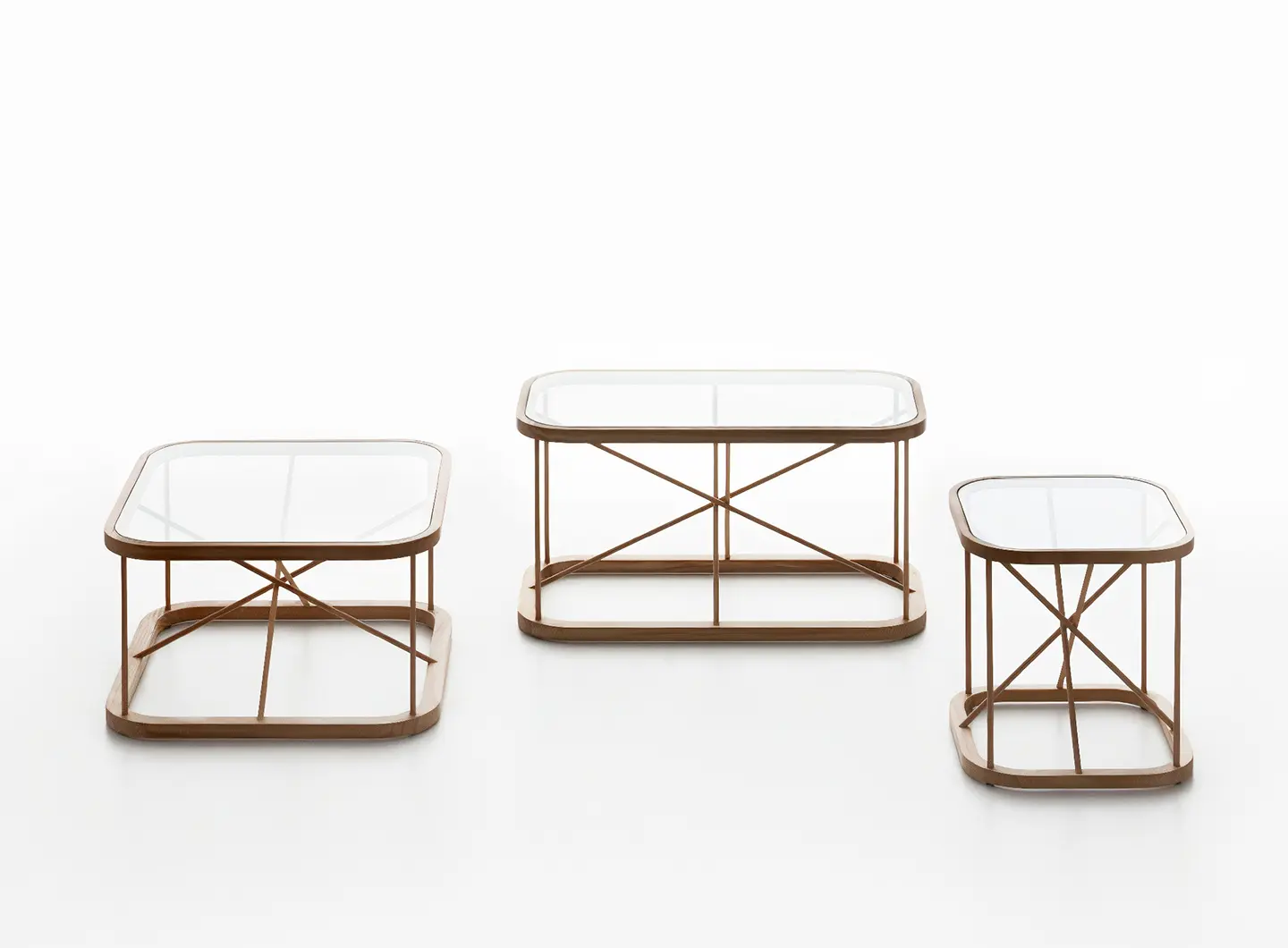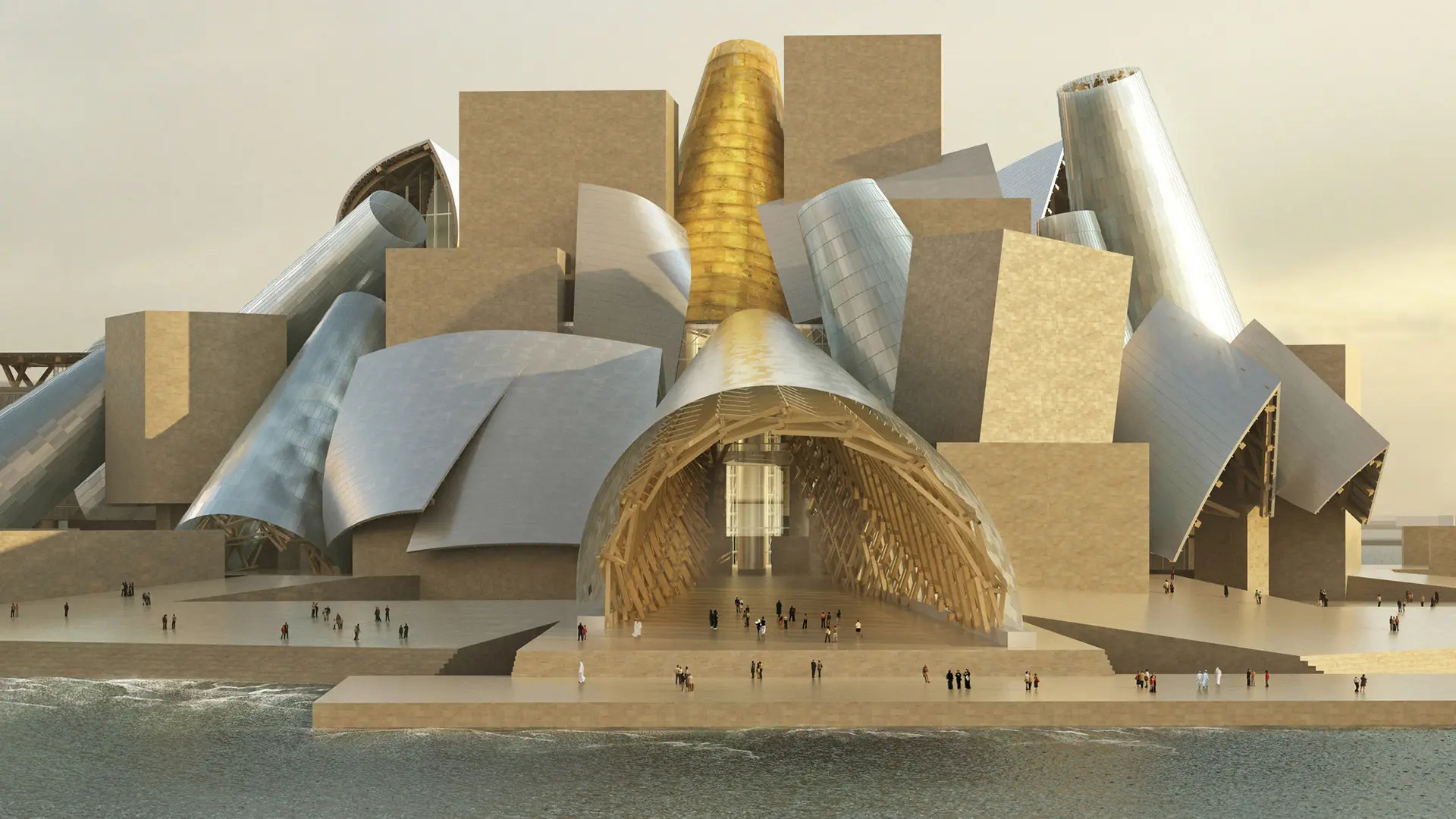Da BIG a David Chipperfield, da Frank Gehry a Snøhetta: un giro del mondo alla scoperta delle migliori architetture che saranno completate il prossimo anno
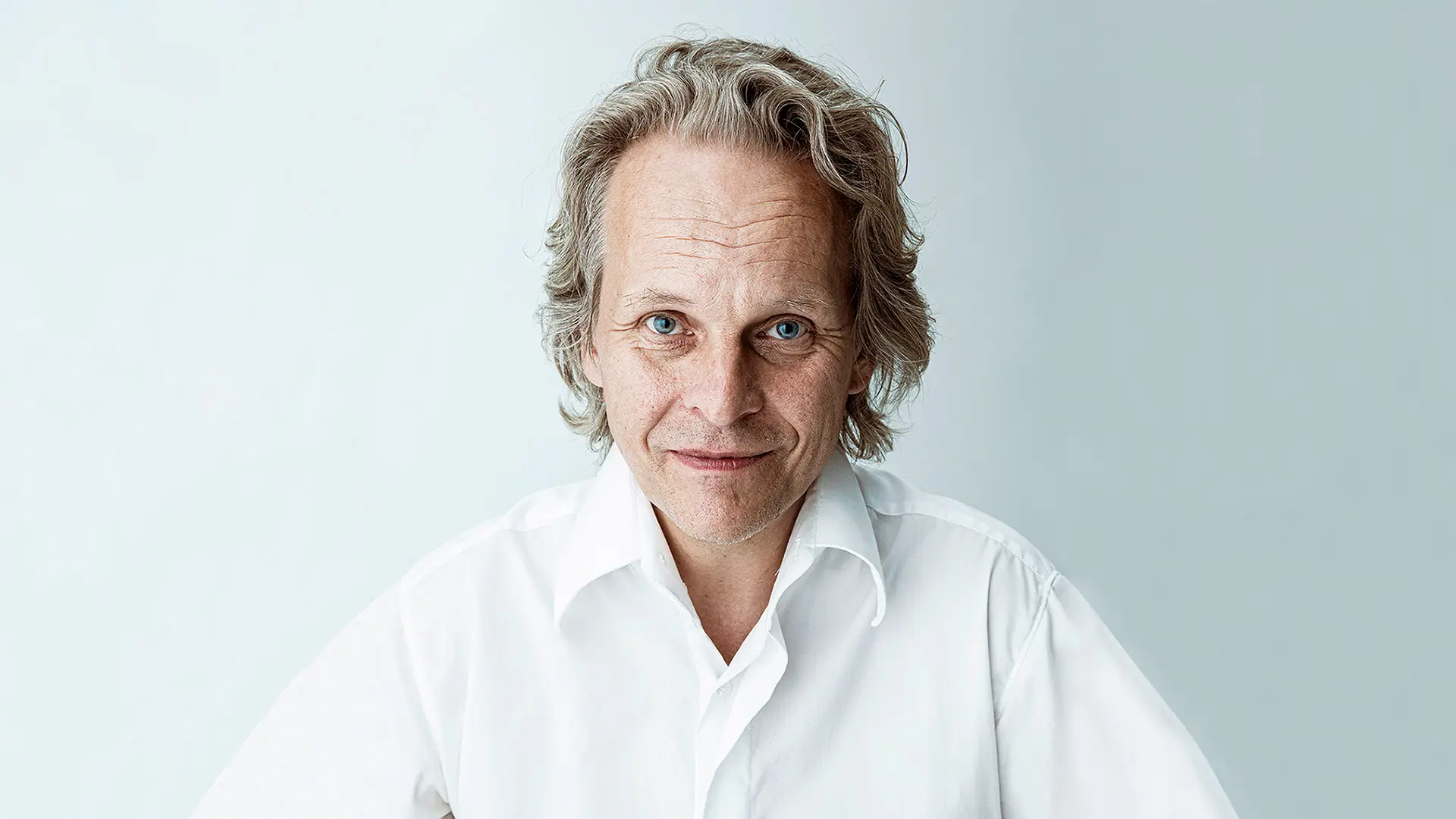
Photo by Marco Magoga
Si autodefinisce più “connettore” (di persone, idee, culture) che progettista. Perché sempre impegnato anche nel sociale. Per trasformare il mondo, grazie al design, in un posto migliore
The Scandinavian designer Ilkka Suppanen has filled many pages of the history of contemporary design since the late 1990s. His eclectic, remarkable feel for design means that he works across many different sectors, and he is modestly proud to be involved with solidarity projects which he carries forward with equal determination. He splits his time between Helsinki and Milan, and shares projects with Raffaella Mangiarotti, the latest of which, Undecided System – a system for workspaces – has been selected for the ADI Design Index 2019, from which the winners of the 26th edition of the prestigious Compasso d’Oro will be chosen. Focusing more on his all-encompassing eye than on his many products, we chatted to him about Italy and the matter of Italian companies. On the subject of which we also discussed what the future might have in store and about how design can play its part.
I think most people know me from the designs I have done. These are things which only partly represent me. I have also worked simultaneously on projects that are different from traditional product design assignments. I have worked with casteless people in India. I have worked with homeless people in Sao Paulo. I am constantly working on exhibition concepts, as well as on design export concepts and realisations for the Finnish foreign ministry. I see these projects as something where I am connecting people, ideas, institutions and cultures.
As these "solidarity projects" have completely different timelines, I dedicate part of my working day to them almost every day. These projects are completely different, I need to work for years before I can actually talk about a project. Most of my time goes into making connections, raising money and keeping stakeholders updated on progress, which is often frustratingly slow. You need to have resilience. Can you tell us about some of these solidarity projects? These projects always start with a basic realisation. Something is wrong. Something I feel is unjust in the world, like homelessness or lack of human rights, as in the case of casteless people in India. Then I start to try and work out if there is a way to help these people, whether I can change this situation into a better one.
These projects always start with a basic realisation. Something is wrong. Something I feel is unjust in the world, like homelessness or lack of human rights, as in the case of casteless people in India. Then I start to try and work out if there is a way to help these people, whether I can change this situation into a better one.
At the moment I am working with Seom on lighting design and furniture design projects for Italian and Finnish companies, and one-off furniture for a American client. There is always something like this going on in my office. We are also working on the Snowcrash exhibition [the name of the exhibition, which then became the name of the design collective, with which Suppanen made her debut at SaloneSatellite in 1997, Ed.] which will be held at the National Museum in Sweden Stockholm. I am also very busy with one of the more conceptual projects that involves the Finnish Foreign Ministry.
Somehow my professional career as furniture designer started here in Italy with Cappellini, which is probably why I have worked with different Italian companies ever since. So it has been quite natural for me to work with Italian companies like Zanotta or Leucos. Most of the time, the companies are family-run. Often by several generations. I think Italian companies are very good to work with. There is a certain dedication to and knowledge of design everywhere you go. Also companies are very open to new ideas. Probably I am still a bit different to many other designers. I am Scandinavian. I bring a Scandinavian touch.
For me Italy is many things, it is kind of a wonderland for adults, with food, wine and culture. For me Italy is a culture of femininity. It is a matriarchal culture. Very different in this way from the Scandinavian notion of equality between the sexes. It is a culture of beauty. Beauty is like a limitless currency in your pocket. You can give and receive beauty constantly here. It is also a culture of simplicity and purposefulness. When I see older Italian women cooking, they throw nothing away. They will use the leftovers to make stock. Like the glass workshops in Murano: there is not a single surplus tool or surplus machine. Everything is used and nothing is wasted.
I divide my time between Helsinki and Milan. I have studios in both cities. I think I practically spend more time in Milan nowadays. Raffaella and I have known each other for for more than 20 years now. It has been very refreshing to work together on projects in which we are both the lead designers. You need to adjust, but you also learn a great deal about design and yourself. We’ve worked together for many years despite physically being in different countries. Therefore this situation with Coronavirus and the new social distancing regulations and using digital communication is something I got used to some time ago.
Yes. Working remotely changes a lot of things in our lives. We probably don’t understand all the possible consequences yet. I am sure this will be a great opportunity for people to spend more time at home with their families. It is probably less important to live in expensive and crowded city centres. We can probably make international collaboration work much more effectively thanks to what we have learnt from this period. What I am most excited about is education. I am teaching a Product Innovation course at the Milan Polytechnic with my colleagues. Due to the restrictions, we have been forced to develop the whole programme for online education. This takes some energy and preparation. The outcome of this will be that the courses can only be taught and followed online. This will give us an opportunity to rescale education altogether. We are not restricted by physical space and physical presence. So, in theory, we could educate hundreds of thousand students all around the world. This method could allow us to access the poorer areas in the world and the students who lack the financial means to access their desired education. We could have an opportunity to teach poor kids in Africa and allow students to have the same education as students here in Milan. This could revolutionise our world. Free education for everyone ...
Yes, the world is changing. Sometimes it changes so slowly that we barely register the change, like the empowerment of women over the last 150 years. But this Spring the change has been very rapid and profound, which has made it easier to recognise. I believe that urbanisation is in crisis, partly because of Coronavirus. Densely populated areas are more dangerous and more vulnerable to a crisis like this. Therefore, global urbanisation has to find another direction. Another thing I've been following is the financial and economic news. Obviously, we are heading for a financial and economic crisis. The numbers projected about the economic downturn are dramatic. At the same time, countries and national central banks are taking massive loans to stimulate the economy. I would imagine that countries are therefore much more dependent on the financial entities that borrow the money. Sovereign countries have to give up part of their financial independence to finance these stimulus packages. Probably there are no other choices. The long-term consequence might be that not only we, but our children, will have to shoulder the burden of paying back the loans. Personally, I think it is morally questionable to take money from the future generations to this extent.
I believe there are three parallel things happening now: climate change, the financial crisis and the global pandemic. In all the discussions regarding these three parallel crises we tend to think: "We need to get our life back to what it was." We are looking to save our planet and nature as we know it. We are looking to get our economies running the way they were before, and we are hoping to put an end to the pandemic and return to the security we had before. My worry is that none of this will happen. Life will not get back to what it was. None of these three parallel crises will take us back to the way things were in the past. In this new world, design as practice can do what it has done before - make the situation into a better one. This time, we do not have the money, we do not have the resources and we cannot distribute things as before. Therefore, I believe that this should spell an end to our materialistic culture. We should learn to consume, enjoy and create intangible, spiritual and intellectual values and products.
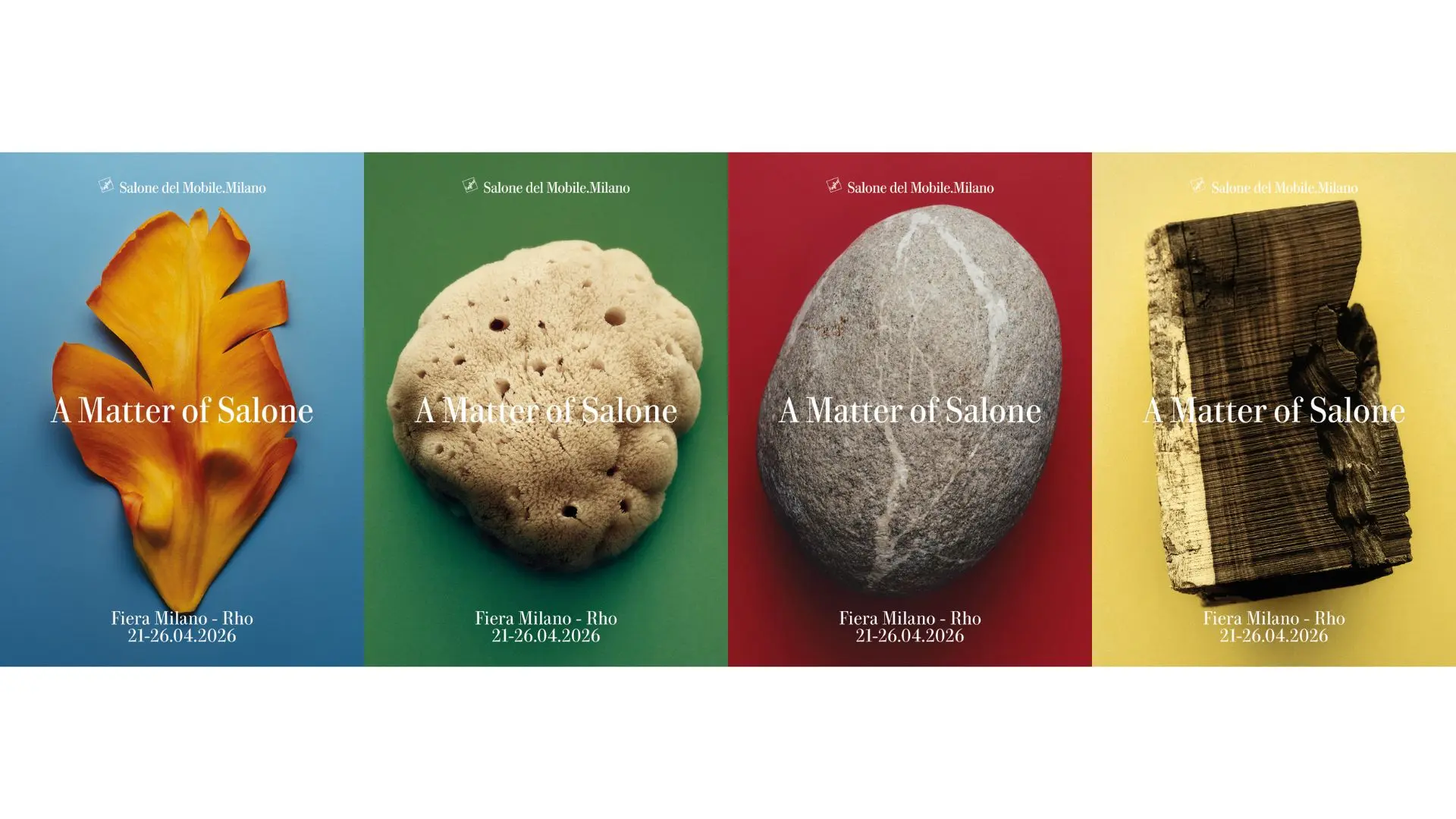
A Matter of Salone: la nuova campagna di comunicazione del Salone
Dalla riflessione sull’umano alla materia come significato: la nuova campagna di comunicazione del Salone esplora l’origine fisica e simbolica del progettare, un racconto visivo composto da prospettive differenti, unite da un’idea comune di trasformazione e genesi

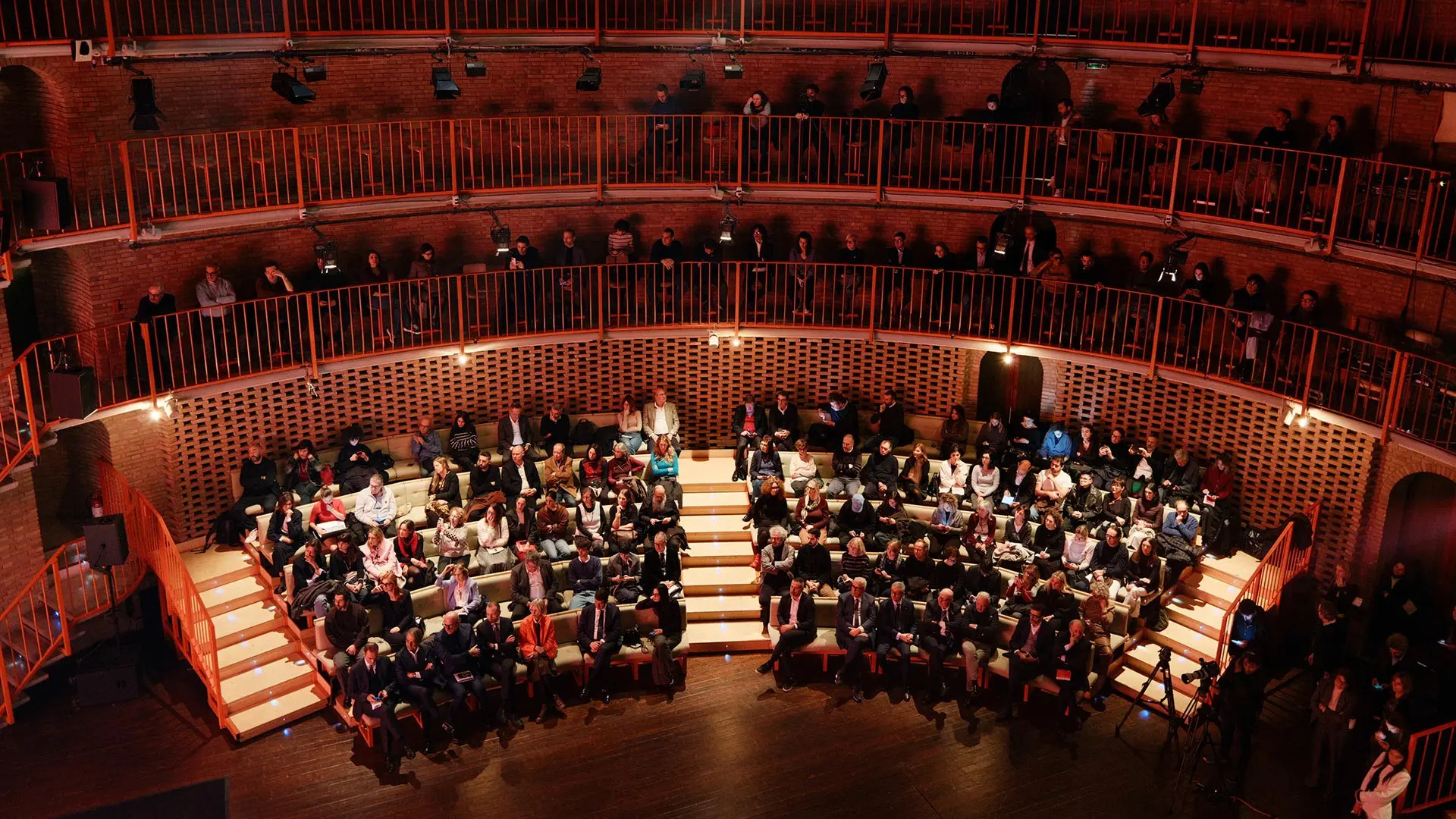
Report Salone 2025: i numeri di un evento globale
Dati, analisi e impatti economici, urbani e culturali. La seconda edizione dell’Annual Report (Eco) Sistema Design Milano del Salone del Mobile fa il punto su un evento unico al mondo e consolida il ruolo della Manifestazione come motore di Milano, Capitale internazionale del design



 Manifestazioni
Manifestazioni
